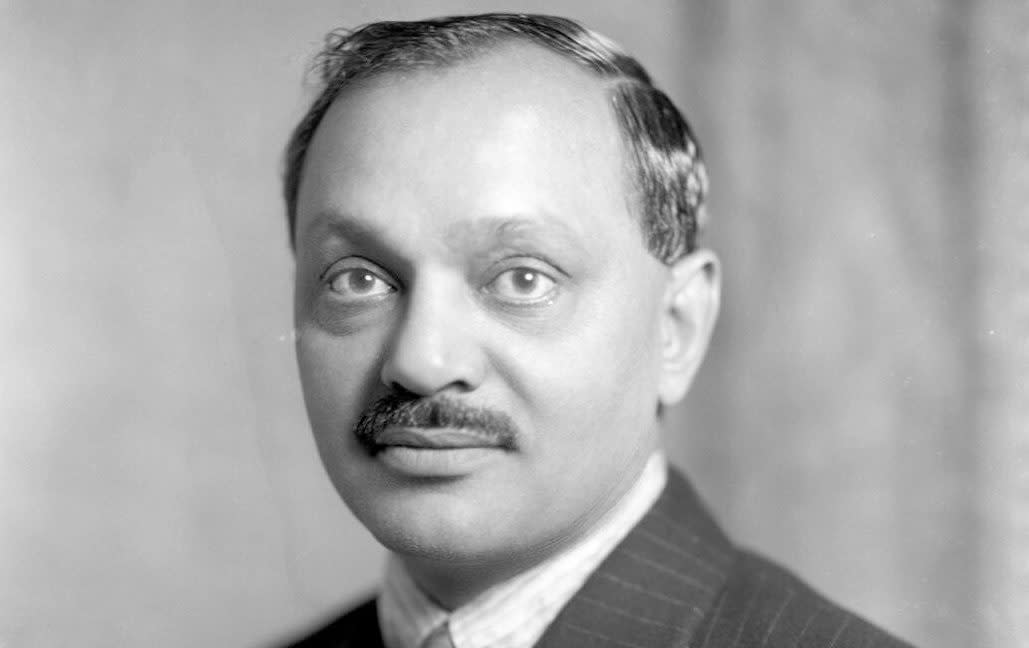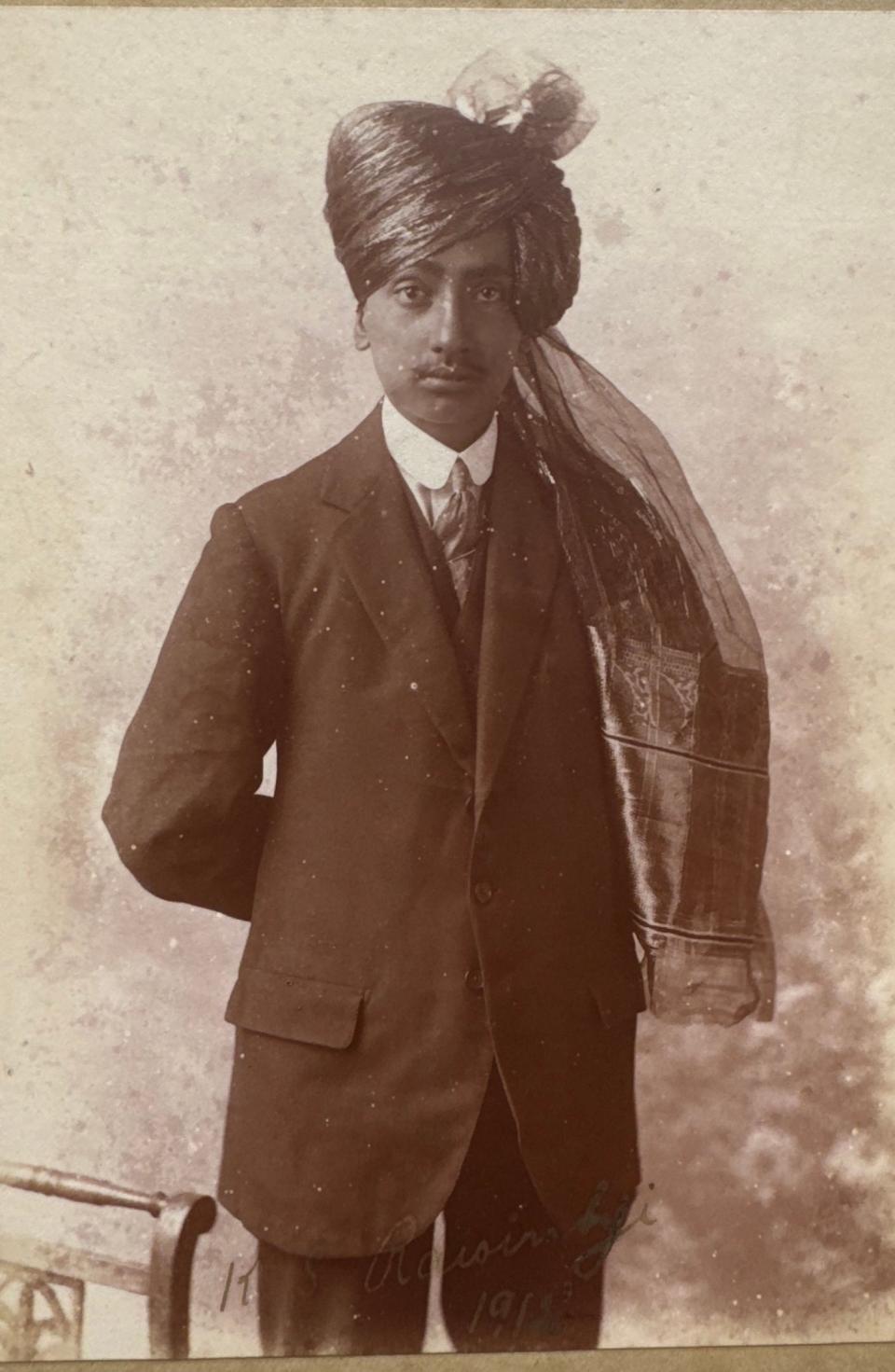‘Indian Schindler’ rediscovered after name recognised on cricket board

A historian rediscovered the story of “India’s Oskar Schindler” after recognising his surname in a top British public school’s cricketing hall of fame.
Sir Digvijaysinhji Ranjitsinhji Jadeja, the Maharaja of Nawanagar and a member of Winston Churchill’s imperial war cabinet, created camps in western India during the war for 1,000 Polish refugees who had fled Siberian gulags in the Soviet Union.
But Malvern College, the Worcestershire public school he had attended, was not aware of his humanitarian achievements until Andrew Murtagh, his biographer and a former housemaster and cricket coach at the school, recalled his name from its cricket pavilion.
“When I looked him up, I noticed the name of his son, who is the current Maharaja of Nawanagar, and thought to myself - where had I seen that before?” said Mr Murtagh, 74.
“Suddenly the penny dropped. At Malvern College, on the wall in the Long Room are the names of all the school’s cricket teams since 1865.”
Mr Murtagh joked it was a name you “couldn’t miss” because it was so long it went “halfway around the room”.

Sir Digvijaysinhji has been branded the “Indian Oskar Schindler” for taking in 500 Polish orphans in 1941 and clothing, feeding and schooling them at his summer palace near Bombay.
The children and their families had been rounded up after Germany and the Soviet Union partitioned Poland in 1939, being transported on cattle trucks for three weeks to labour camps in Siberia.
But when Adolf Hitler turned on Joseph Stalin and invaded by surprise in 1941, the Soviets enlisted the interned men as soldiers and set the women and children free under a condition set by Britain and France for an alliance.
What followed, Mr Murtagh says, was a 3,000-mile walk “mapped out by heaps of bodies at the sides of the road” to then-British Mandatory Palestine, with many of the internees dying of weakness and exhaustion along the way.
“But there the authorities did not know what to do with them,” he explains. “At a meeting of the imperial war cabinet, Poland’s prime minister in exile explained their plight and Sir Digvijaysinhji listened and said he’d take some of the orphans in.”
Orphanage helped 1,000 children
Mr Murtagh’s research has revealed that Sir Digvijaysinhji raised £25,000 to fund the orphanage, which helped a total of 1,000 children and “provided a sanctuary for weak bodies and broken minds”.
There the children were taught English and Polish, ministered to by Catholic priests and one Christmas provided with three camel-loads of presents.
After the war, most of the orphans emigrated to Australia, Canada and New Zealand, with those whose fathers fought for Polish formations within the British armed forces able to apply for British citizenship.
Bronislawa Piotrowska, one of the refugees, did so and later became friends with Mr Murtagh, encouraging him to write the book. “I owed the Good Maharaja my life,” she told him.
Sir Digvijaysinhji’s generosity is well-remembered in Poland, which posthumously awarded him its highest civilian honour in 2011 and where a school and a square in Warsaw, the capital, are named after him.
But his achievements are less known in Britain, something retiree Mr Murtagh is hoping to change with a new book that he is writing about him.
“There are references to him in the archives at the college, but nothing about this,” Mr Murtagh said.
“His story has flown under the radar and the school has remained unaware of his humanitarian deeds – until now.”
Mr Murtagh, a former Hampshire cricketer, has written five biographies since retiring as housemaster and cricket coach at Malvern College, which was attended by CS Lewis, Monty Don and Jeremy Paxman.

